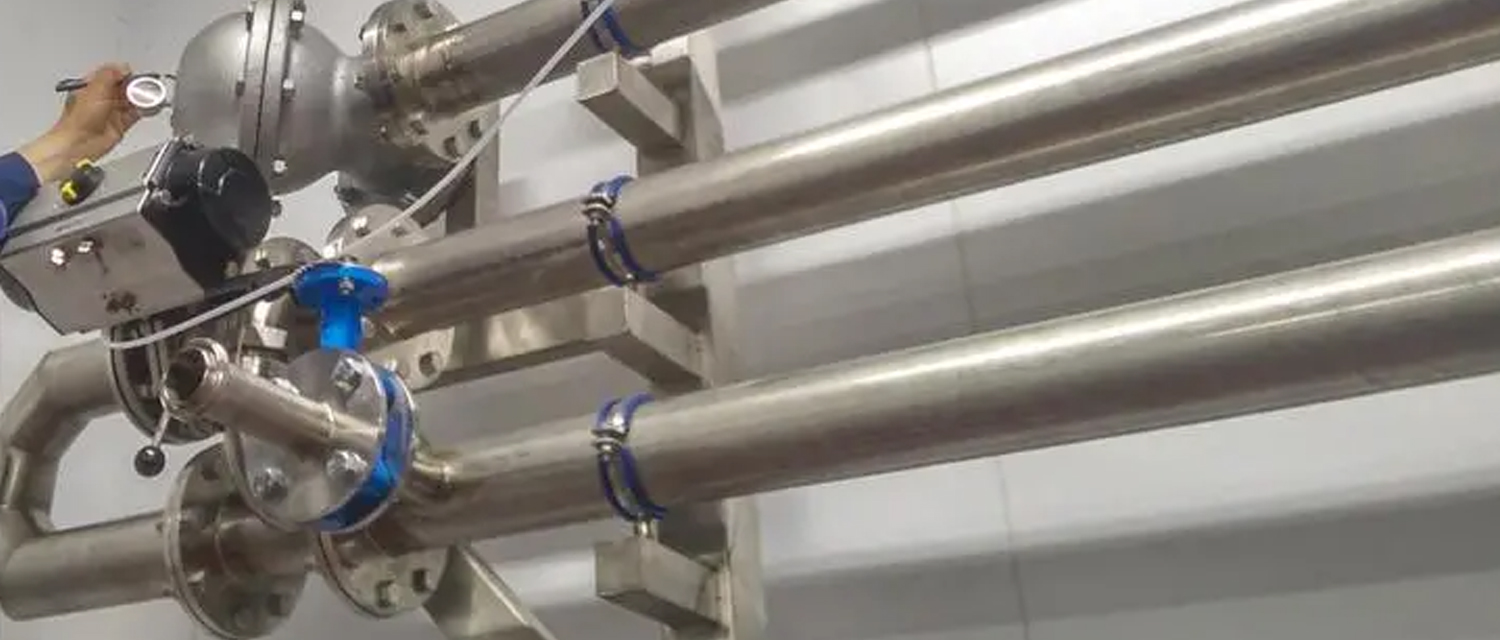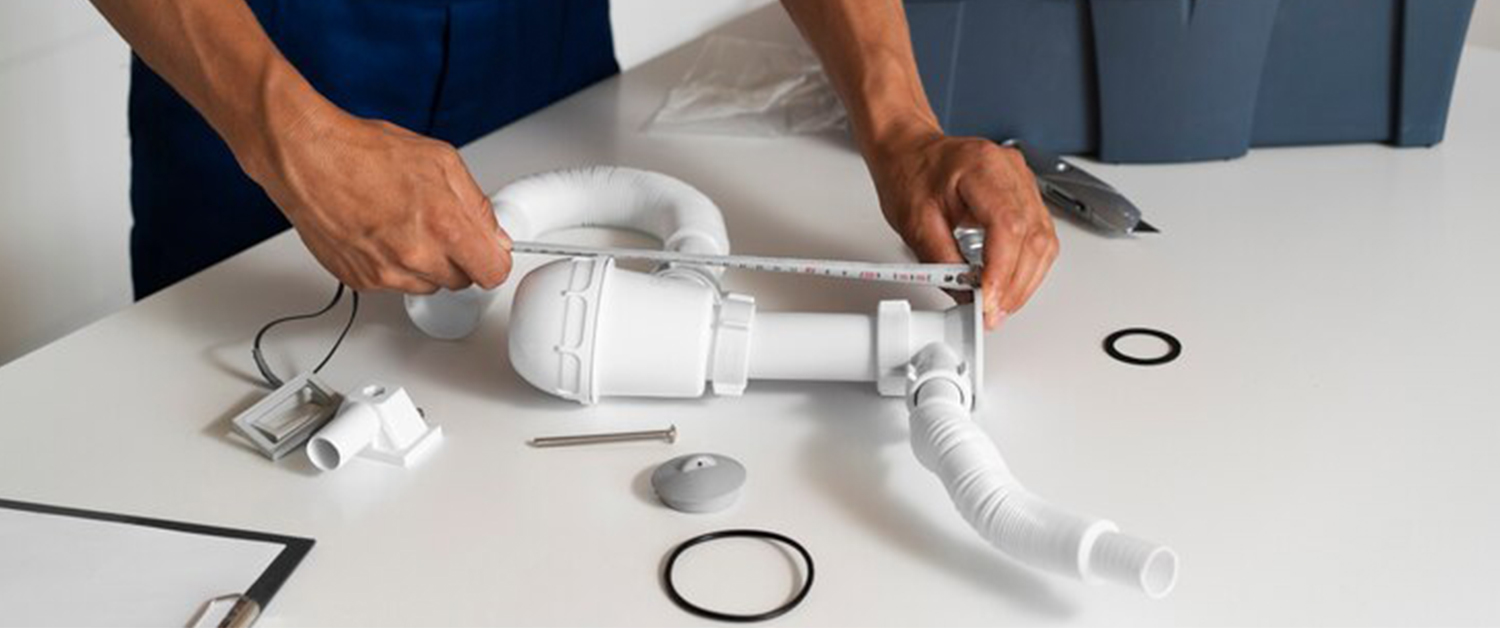Get free quotes within minutes
How Long Do Hot Water Systems Last?
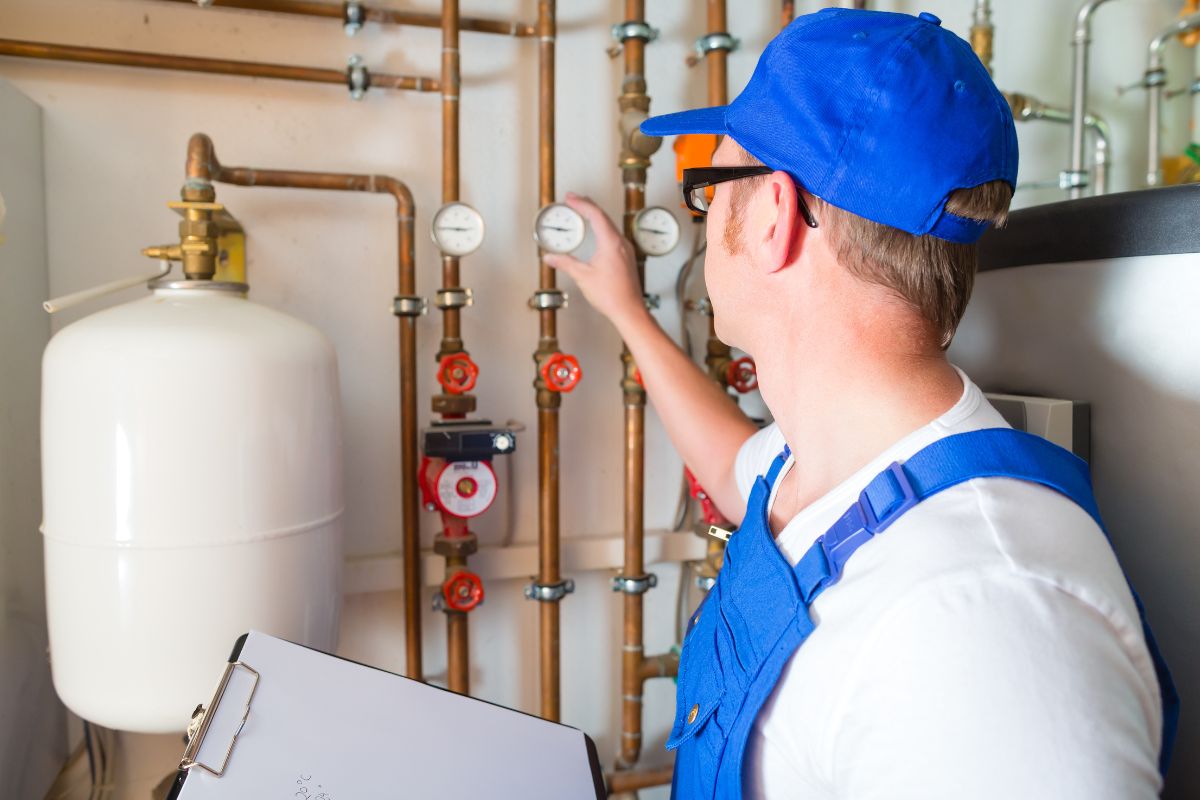
Table Of Content
- Introduction
- Life Expectancy of a Hot Water System
- Key Factors Impacting the Life Expectancy
- Hot Water System Warranty Considerations
- Gas, Electric, Solar, or Heat Pump?
- Conclusion
A hot water system is a necessity in every home as it will offer hot water used in showering, bathing, washing utensils, dishes and clothes and many other uses. However, in the same way that cooking and other home appliances do, hot water systems are not everlasting. Finding out how long your system will last will allow you to make proper forecasts about repairs or replacements and decide what more needs to be done to each system. In this blog post, we will briefly touch on the life expectancy of hot water systems, what influences life expectancy and the things that people need to understand when choosing between hot water systems, namely, between the gas, electric, solar, and heat pumps.
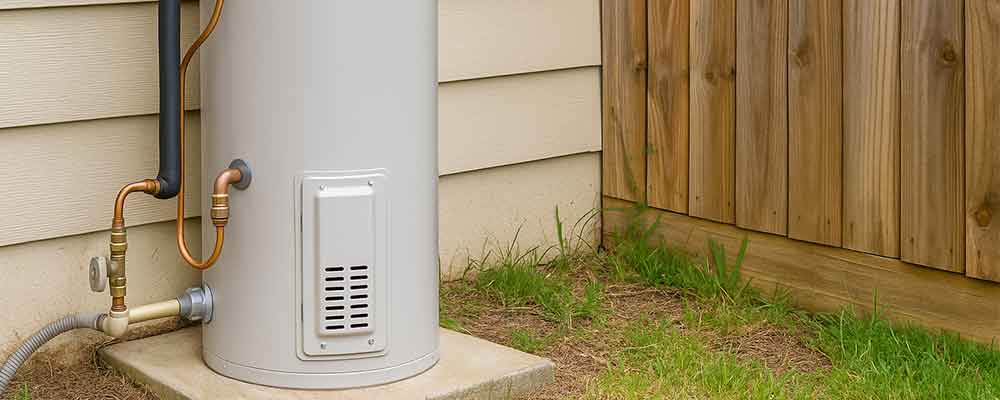
Life Expectancy of Hot Water Systems
The average lifespan of a hot water system depends on several conditions, the nature of a hot water system in particular, proper installation, maintenance, and conditions under which it operates. In general, a hot water system is expected to last for about 8-15 years. Nevertheless, it should be understood that hot water systems can be of various types and they all have different expected service lives.
Tank-Based Hot Water Systems
Traditional tank-based hot water systems; gas and electric have a life of 10-12 years on average. To help them live as long as possible several things need to be checked regularly and some done periodically, including removing sediments from the tank, inspecting the anode rod and seeing that everything is in order with the system. It has been observed that with time, sediment accumulation leads to corrosion with probabilities of failure.
When properly monitored, the tank can stand at the site for 10 years or more in an efficient system. This is true until corrosion begins on the system’s tank and the leakage is usually a cue to change the system.
Tankless Hot Water Systems
Tankless (on demand) water heating is found to be longer-lasting than the conventional tank type of water heating equipment. When well maintained, they can serve the client for up to 15 to 20 years and in some instances, can go even longer. There are lower chances that sediment accumulates and the risk of an actual leak is also eliminated since there is no storage tank normally. Tankless systems also do not, therefore, require frequent replacement due to the effect of heat and cool cycles as observed in the conventional tank systems.
Despite being comparatively more long-lasting, like any other efficient system tankless do call for some regular maintenance, especially on the burner and other internal parts. You’ll also need to de-scale the system periodically, much more frequently if you are using hard water since the hard materials will build up within the system.
Solar Hot Water Systems
Solar hot water systems normally have a lifespan of about 15 – 20 years. They are integrated to last, with solar panels and heat exchangers that, if properly cared for, could last upwards of three decades. The durability of the solar system varies concerning the panel and installation methods used for putting the solar system in place. Some of the things that should be done to ensure maximum use of the panels include checking on the panels at frequent intervals to ensure that no material has accumulated on the panels hence obstructing the silicon panels.
Photovoltaic hot water systems are generally integrated with a second system that includes an electric or gas water heater to provide hot water in case of bad weather or during nighttime. This backup system may look a bit short-lived compared to the solar panel which has the potential to serve a longer duration.
Heat Pump Water Systems
Focused on the heated water segment, heat pump water heaters (HPWH) are gaining popularity due to their energy Star compliant. These systems apply electricity to transfer heat from the air or ground to the water making them more efficient than ordinary electric systems. Indeed, heat pump water systems can have a lifetime of about 10 to 15 years if well maintained.
Housing is another significant factor that determines the duration of the heat pump system on the market as well as its efficiency. These systems are best suitable for areas of moderate climate, while in the colder climate areas, they may suffer from the climate effects and may over time show a decrease in performance.
Key Factors Impacting the Life Expectancy
- Water Quality: High mineral content renders the water too ‘hard’ making it precipitate and deposit on the inner surface and abbreviating the life expectancy of the system. This problem can be solved by having water softeners fitted.
- Maintenance: It’s important to point out the fact that the hot water system needs constant maintenance so that its useful life is as long as possible. Some of these are as simple as rinsing the tank to wash a layer of sediment, looking for signs of leakage and examining sections like the anode rod which fights rusting of the water tank.
- Installation Quality: It is preferable to hire an expert to install the system because he will guarantee the best results of service and longevity of the unit. Lack of proper installation practice may cause an early system failure.
- Frequency of Use: Some conditions cause the coverage of the hot water to be changed within the household and can therefore affect the lifetime of the system. It means that the usage of this system will determine how often it will be serviced since the more it is used, the faster it degrades, while a less-used system will last longer.
- Climate: Environmental nature which includes very cold or hot temperatures tends to have an impact on the various parts of the system. For example, pipes tend to freeze mainly in cold climates while systems that are most exposed to sunlight may have earlier wear out on their panels or tanks.
Hot Water System Warranty Considerations
When selecting the hot water system one of the considerations that a person can consider is the warranty provided. The warranty normally means that the parts will be either repaired or replaced for a limited amount of time and by determining what is in the warranty. Here are some important considerations when reviewing warranties:
- Warranty Length: Most hot water system manufacturers offer warranties that differ from 1 to 12 years. While storing hot water in a tank is usually offered with a warranty of 5-7 years, tankless as well as solar water heating systems are available with warranties of 10-12 years at the most.
- Coverage: These warranties do not guarantee the same things. For instance, a warranty covers the tank but not the thermostat, the heating elements or the solar panels in the tank. It’s important to at least take a quick look at the details and know what is included in a policy.
- Anode Rod Replacement: Tank type especially hot water systems favor an anode rod warranty because it helps to reduce corrosion of the tank. Anode rod often has a lifespan of several years; if not replaced, the warranty is lost.
- Labour Costs: It is also important to note that some warranties do not include labour costs in the expenses that will be hydro by the warranting companies. What many businesses fail to consider is that a warranty could also mean extra work for employees hence the issue of labour costs.
- Conditions for Warranty Claims: This practically means that manufacturers will always want the system to be frequently serviced and maintained for the warranty to hold. It is recommended to maintain precise documentation of all works done on the system to come clear of warranties.
- Transferability: It can be known that some warranties are assumable and therefore, if you sell your home, the new owners may benefit from the warranty. This can very well be a strong selling proposition.
- Extended Warranties: Certain manufacturers have the workmanship and anti-corrosion warranties that customers can pay to extend. It can give much-needed assurance when you expect to remain in your house for a long time.
Gas, Electric, Solar, or Heat Pump? Which One is Right for You?
Considering the type of hot water system to install requires an understanding of the needs of your household, location, source of energy preferred, and source of income. Let’s take a closer look at each type of system:
Gas Hot Water Systems
Life Expectancy: 10 to 12 years
Pros:
- Quick heating times
- Efficient in places where they can source natural gas at a meagre cost.
- Relative good efficiency where the size of a household exceeds three persons.
- Reliable during power outages
Cons:
- Demands the provision of a vent and a connection to the gas supply.
- Costlier than electric systems when installed
- Maybe less energy efficient when the weather is cold
There are different types of hot water systems and depending on the gas availability and status of a home’s hot water usage, the best is the gas hot water systems. Compared to electric water systems, they consume less energy and offer quicker hot water to you, your family or clients. However, correct installation is necessary, as well as good airflow and, finally, the use of gas can quickly turn into too high expenses.
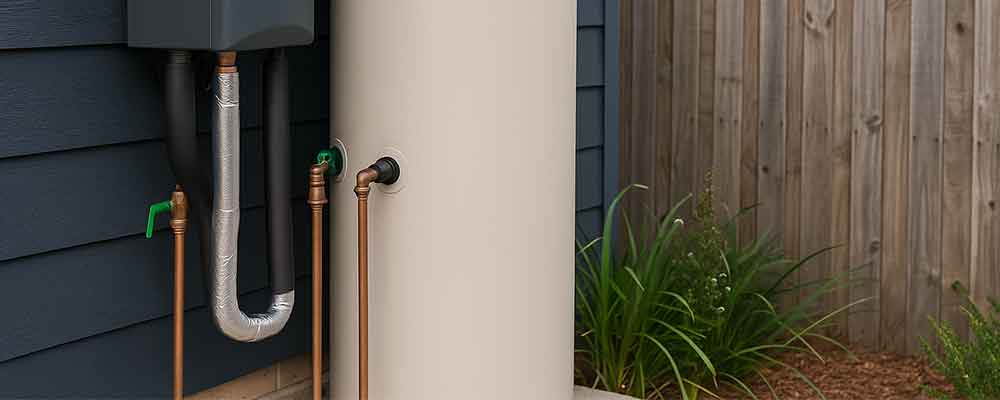
Electric Hot Water Systems
Life Expectancy: 8 to 12 years
Pros:
- This means that there are relatively low initial costs of getting started with the system.
- So, there is no need for obtaining gas lines or ventilation.
- Simple installation process
Cons:
- Hence, related to electricity rates, increased operating expenses.
- It takes much longer for the hot plate to heat up than a gas stove which is faster.
- Not as efficient as the gas or solar type systems
While electric hot water systems are easy to install and may cost less than any other type of system, they are not as efficient as the other choices we have surveyed above. However, they may cost more to run, particularly in places whose electric power prices stand out, and are relatively high.
Heat Pump Water Systems
Life Expectancy: 10 to 15 years
Pros:
- Highly energy-efficient
- Performs well with moderate temperatures in ambient environments
- It costs less to operate compared to electrical systems of energy.
- Reduces carbon footprint
Cons:
- Higher initial costs
- It is less efficient, particularly in cold climates in the region or country.
- Uses more space and is loud than the classical ones
Most heat pump water heaters are very efficient and hence advisable for use by owners of homes in regions with moderate weather conditions. They operate on electricity but can be said to be more efficient than usual electric heaters in the sense that they move heat rather than create it. Although they require higher initial investment they are more economical due to lower usage of energy in the long run.
Conclusion
Concisely, the life expectancy of the water heater depends on the type of system, which is used for heating, practices on maintenance and the conditions in the environment. Tank systems take an average of 10-12 years while tankless systems, solar and heat pump water heating systems tend to have long-lasting systems. Maintenance activity, quality installation, and appropriate usage are some of the activities that can help to have the longest life of a hot water system.
Selecting the right hot water system and ensuring regular servicing of the same is beneficial to one’s well-being as well as to the pocket. Therefore, whether you request a hot water system for short-term use as a temporary heater or you want to invest in a heating system that will provide you with as many years of economized energy utilization as possible, you will always find the right hot water system for your home or office.
YOU MIGHT ALSO BE INTERESTED IN
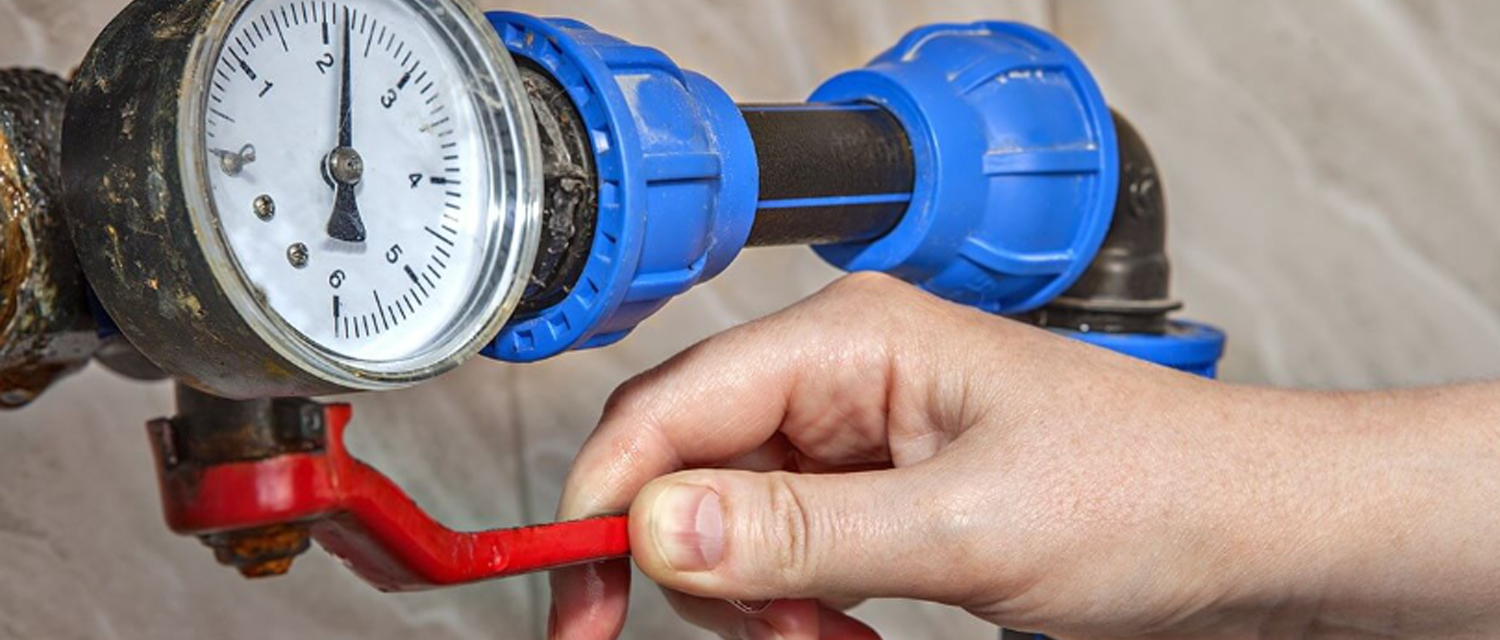
How To Turn Off Your Water Supply In The House - 5 Plumbing Tips
Plumber Related Categories
- Drain Repairer
- Leaking Shower Repair
- Mixer Tap Installation & Repair
- Toilet Repair Plumber
- Drain Installer
- Leak Detection Service
- Grey Water Plumber
- Blocked Drain Plumber
- Hot Water Plumber
- Home Renovation Plumber
- Hot Water Unit Repair Plumber
- New Home Plumber
- Roof Plumber
- Backflow Testing and Prevention







